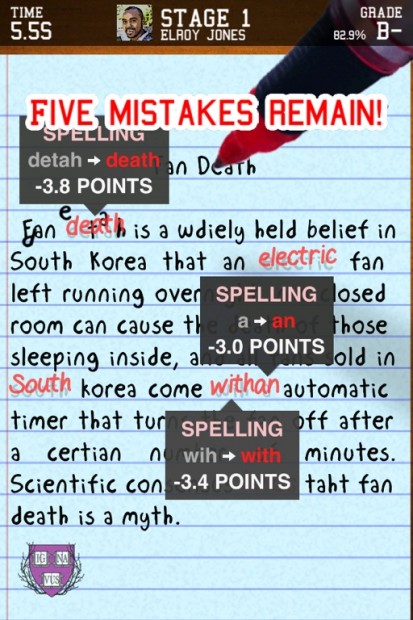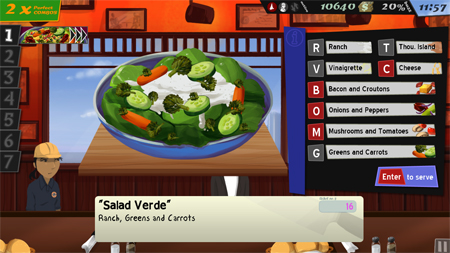A decade ago, I inexplicably got invited to present at Apple Store SoHo. For an hour, I tried my best to regale Apple Store customers with game demos, a few jokes, and my best sales pitches. It was my first real-world post-college “presentation”.
It was pretty bad, from what I can recall.
These days, I can’t seem to stop talking. I’ve given two work-related talks in the last month. I’ve appeared on four podcasts in the last week. I actually like speaking in public.
What’s the difference between now and then? Knowing.
It’s knowing what you’re talking about, and trusting in that knowledge. It’s easy to fill yourself with doubt when speaking publicly, and worry that you might make a fool of yourself. Truth is, so long as you can speak naturally, you won’t.
It’s knowing your audience. Who’s listening, and what are they expecting? What do they want to get out of it? Figure that out, and focus on it.
It’s knowing your tools. Some expertise in PowerPoint or Keynote goes a long way, sure. But know what your laptop does when you plug it into a projector. Know if the venue even has a projector. (Sometimes it doesn’t.)
It’s knowing how to tell a story. Maybe there’s a hook, maybe there’s a twist, maybe there’s a moral or punch line. Your job is to get your audience to that payoff in an interesting way.
It’s knowing when to talk, and when to let things breathe. Silence feels uncomfortable, especially in front of a crowd. Giving your ideas space lets them develop and sink in. Avoid talking just to fill the silence. Avoid stating the obvious.
It’s knowing how to improvise. Network connections go down, so figure out what you’d do without the live demo. Questions come out of left field, so be game for anything. Figure out how to deal with curveballs.
And here’s the curveball in my advice: presenting isn’t any different from the rest of your life. All these skills? You need them just as much when you’re not waving your arms at slide decks.
Don’t treat it as a separate activity. You’re always presenting. You probably just didn’t know it.

